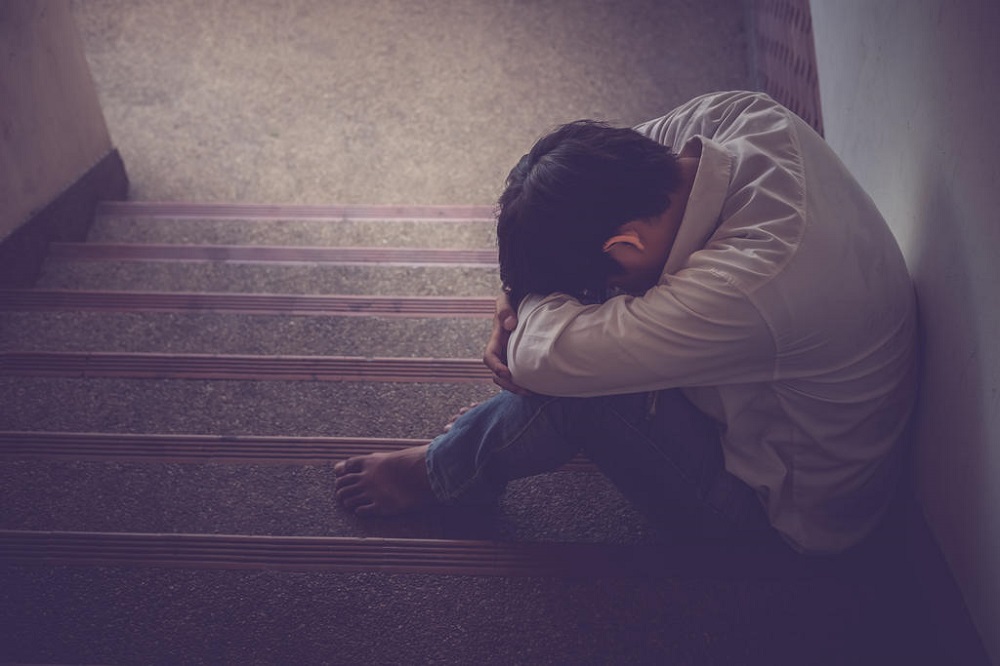SINGAPORE, July 28 — The incidence of suicide among young people aged 10 to 19 jumped 37.5 per cent in 2020 from 2019 as part of an overall increase in people here taking their own lives during the Covid-19 pandemic, Singapore Education Minister Chan Chun Sing said yesterday.
In a reply to a question from Murali Pillai, Member of Parliament (MP) for Bukit Batok, Chan said that student welfare, including their mental well-being, was of “utmost importance” to the Ministry of Education (MOE).
“We are monitoring the issue of student suicide closely. The underlying causes of suicide are complex,” Chan said in a written response.
“There are often multiple contributory stressors, including relationship problems with adults and peers, mental health issues, academic related difficulties and personal struggles,” he added.
“We have observed that the Covid-19 situation has aggravated existing stressors. These could include frustrations arising from disruptions of normal routine, a heightened sense of uncertainty about the future and increased interpersonal conflicts at home due to restricted movement.”
The observations were in line with international literature, which indicates that “the pandemic has resulted in an increase in psychological distress and mental health-related issues among youths”, Chan noted.
Referring to data from the Immigration and Checkpoints Authority (ICA) where deaths are reported and registered, he said that the incidence rate of suicide among those aged 10 to 19 had increased from 4.0 per 100,000 persons in 2019 to 5.5 per 100,000 persons in 2020.
That represents an increase of 37.5 per cent.
Chan said that Singapore’s schools and institutes of higher learning have been addressing issues of mental well-being and personal resilience in the curriculum.
They also have teachers and staff members trained to identify signs of distress in their students, monitor their well-being, and provide guidance and support.
During the pandemic, MOE introduced more measures such as teachers conducting checks to closely monitor their students’ well-being, and classroom time is used to teach students how to cope with the crisis, he added.
Earlier this month, the Samaritans of Singapore (SOS), a non-profit suicide prevention centre, reported that the number of suicides in 2020 in Singapore had reached the highest level since 2012, while the number of suicides among elders aged 60 and older was the highest since 1991.
SOS noted that the increase in the number of suicides year-on-year for elders was 26 per cent.
The ICA data that SOS used looked at people aged 10 to 29, without a breakdown for the 10-to-19 age bracket.
On Monday, Louis Chua, MP for Sengkang Group Representation Constituency, asked Health Minister Ong Ye Kung for suicide statistics as well as programmes designed to prevent people from taking their own lives and to raise awareness on the issue.
Ong provided a breakdown of the suicide figures contained in ICA’s annual report on the registration of births and deaths.
It showed that the suicide numbers for those aged 10 to 29 had gone up from 23 in 2019 to 30 in 2020, an increase of 30.4 per cent.
Ong added that in the 2020 financial year, S$28 million from government grants and community funds had gone to programmes addressing these issues that were integrated with mainstream mental health and well-being programmes. — TODAY
* If you are lonely, distressed, or having negative thoughts, Befrienders offers free and confidential support 24 hours a day. Contact Befrienders KL at 03-79568145 or 04-281 5161/1108 in Penang, or 05-5477933/7955 in Ipoh or email [email protected].






















